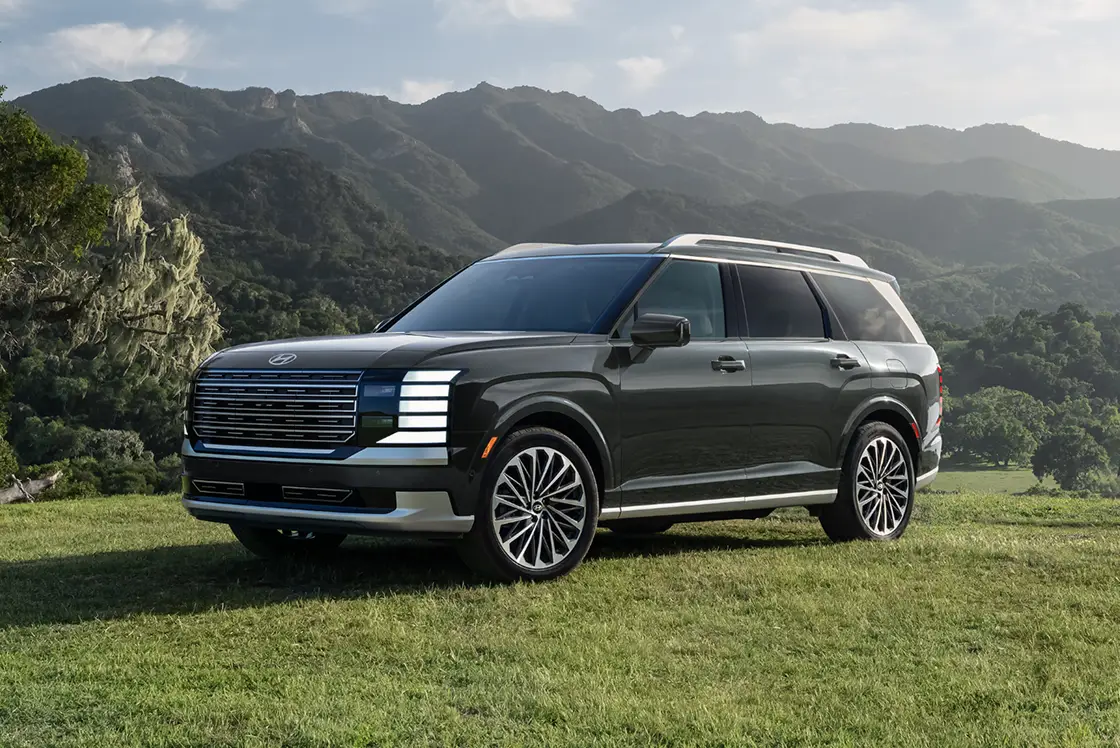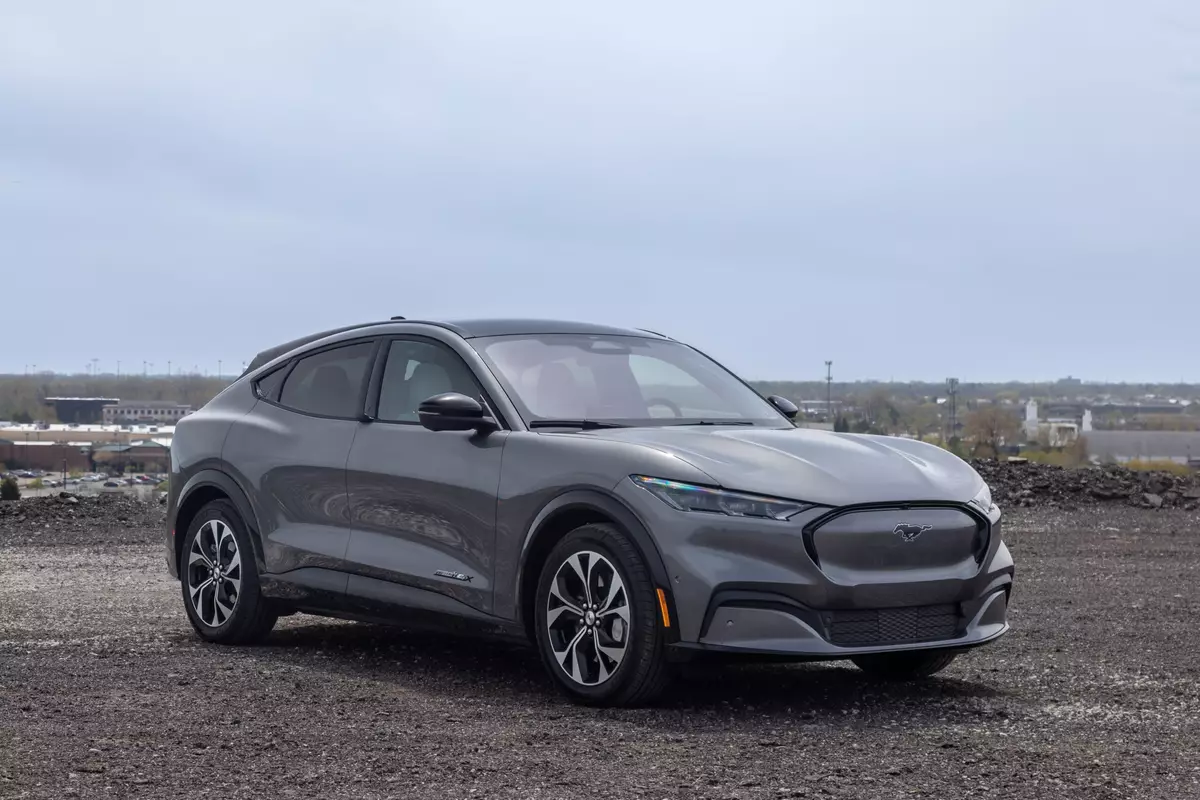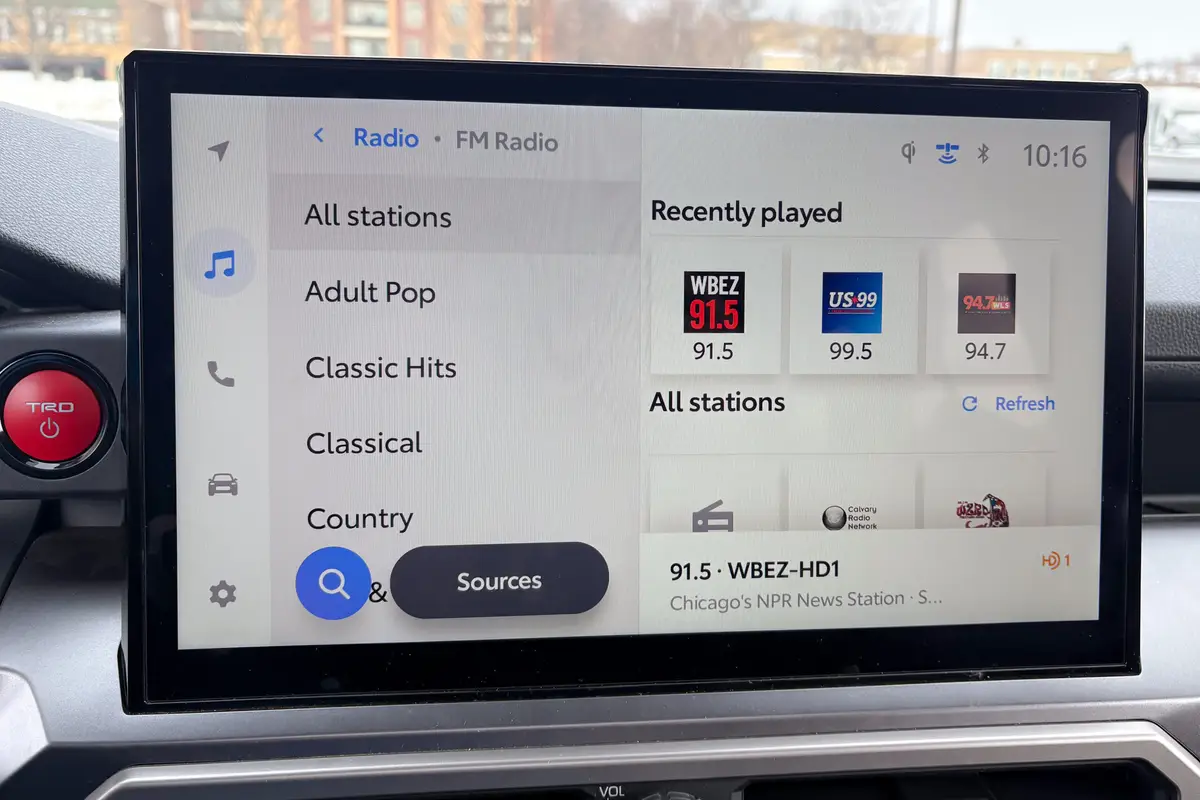Solid-State Batteries Are Set to Be a Game Changer for EVs

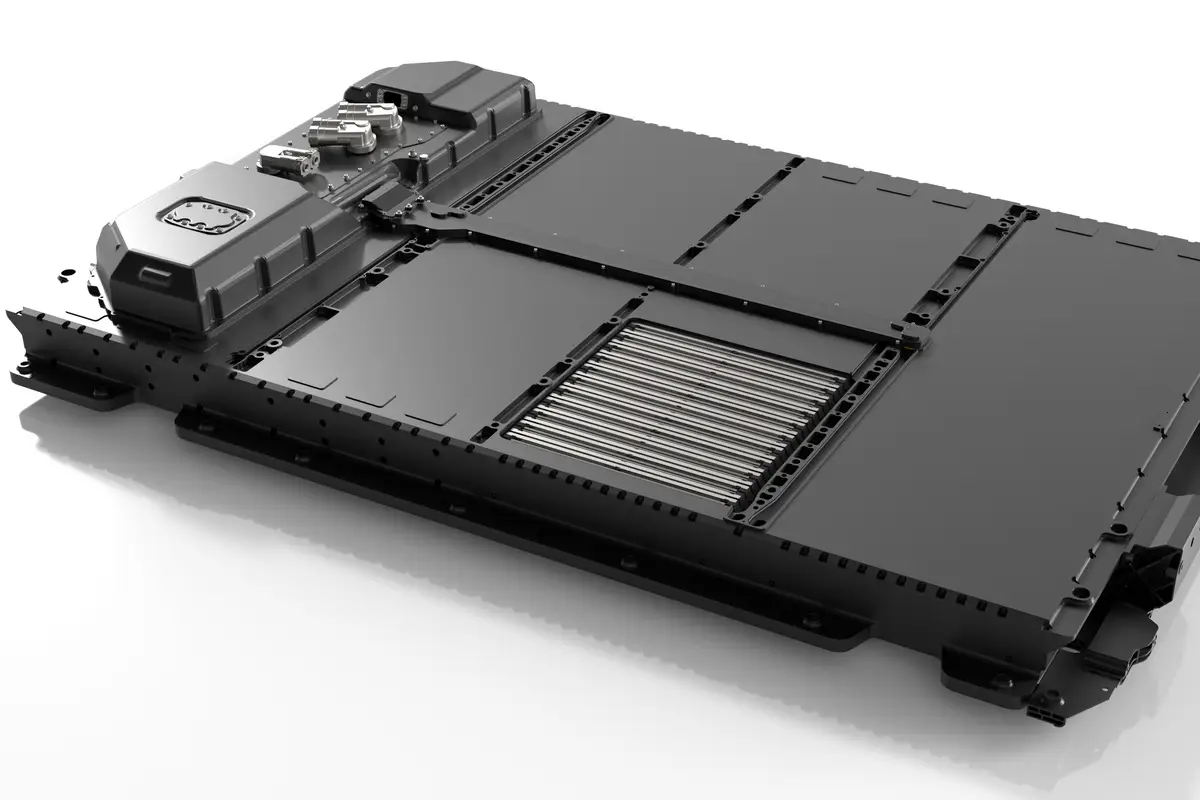
Key Points
- Major automakers are set to introduce solid-state batteries in electric vehicles in the next few years.
- These batteries will have faster charging times and more range.
EVs are set to make a major technological leap in the next few years as automakers roll out solid-state batteries. But why are these batteries a big deal, and why should you care about them? Simply put, they’re going to make EVs charge faster and drive farther than ever before.
Related: Are Electric Cars Better for the Environment?
What Are Solid-State Batteries?
Key Takeaway: Advances in energy storage mean solid-state batteries can hold a charge longer, giving EVs more range and faster charging capability.
We might get a bit science-y here, so stay with us. The technology behind solid-state batteries isn’t new, as the electrolytes that would eventually lead to the foundation of them were discovered in the mid-19th century. There were problems with getting the batteries to work, however, and the technology would sit until the onset of EVs in the late 20th century. The last decade or so has seen a sort of technological arms race to bring solid-state batteries to market to usher in the next generation of EVs.
The term “solid state” refers to the solid material that keeps the anode (the negative contact) and cathode (the positive contact) from touching inside the battery. That differs from current battery technology, which has cells filled with a liquid electrolyte that holds the anode, cathode and separator.
So what does all of this mean? It ultimately means solid-state batteries will be both cheaper and safer to produce than the lithium-ion batteries found in EVs today. But most importantly, it’ll bring more range and faster charging times thanks to the increased energy density.
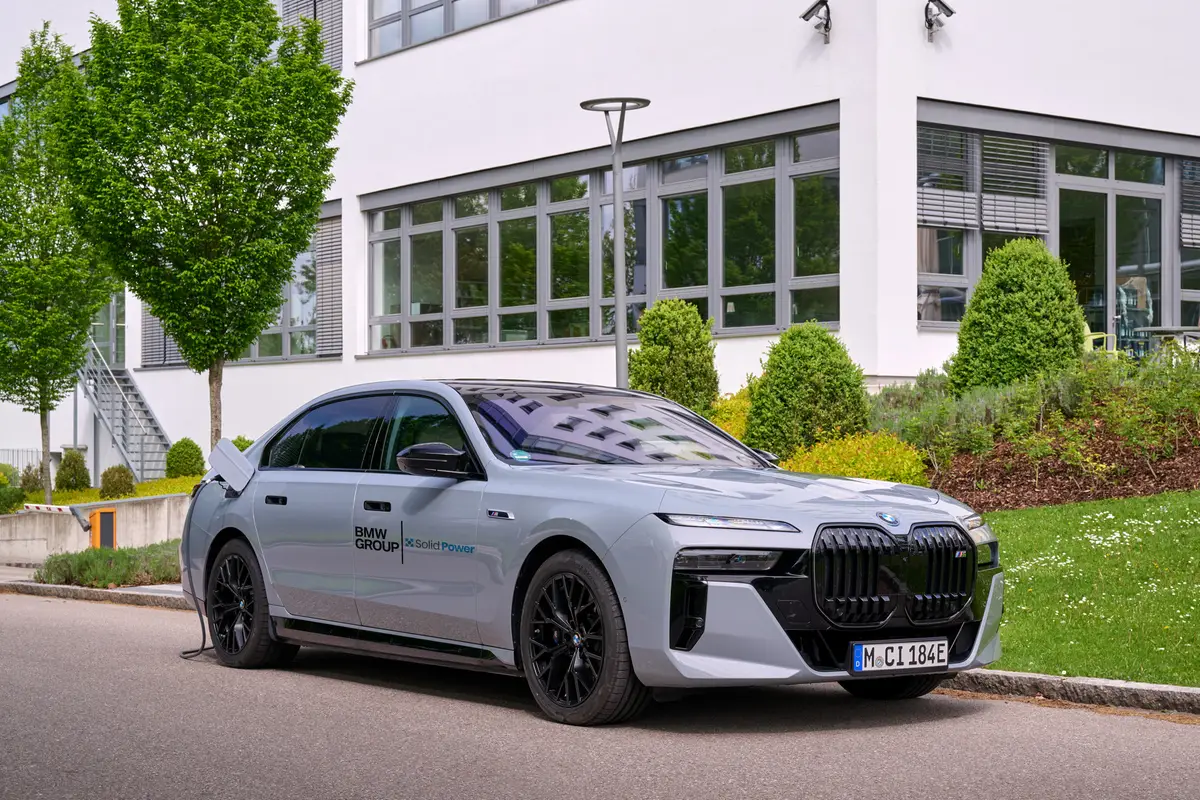
Promises Made, Promises Still in the Works
Key Takeaways:
- Several major automakers have made announcements about working on solid-state batteries in the last few years.
- While the results many automakers have claimed to make are impressive, nothing from these technological gains has made it to market for consumers.
Automakers have been working to bring solid-state batteries to the EV market for years now, but unfortunately, this work has yielded little results so far. Chinese automakers have been ahead of the curve in this regard, with many having EVs with solid-state batteries available for years now. Many of them, such as the IM Motors L6 and NIO’s ET5 and ET7, can deliver well over 600 miles of range on a charge. Other major automakers have yet to come close.
BMW recently announced that it’s partnering with Asian battery giant Samsung SDI to help develop its solid-state batteries. The German automaker has also been working with Colorado-based battery startup Solid Power, testing prototype i7 sedans equipped with the batteries. While Solid Power will develop the batteries, Samsung SDI will provide the solid-state cells.
Meanwhile, Honda is going it alone with its solid-state battery. The automaker plans to have solid-state batteries on the market before the end of the decade, but it has reportedly run into a bit of trouble. Honda is shooting for a target range of 620 miles on a charge, but small cell sizes seem to be giving the automaker some issues. Apparently, the cells are so small that they’re impractical; the cells required to make the batteries work need to be 100 times bigger.
Nissan is also going it alone on solid-state batteries. Even with the financial headwinds the company has recently been facing, the company’s officials are planning to have solid-state batteries available in its vehicles by late 2028. Nissan even has plans to make these batteries available in hybrids.
South Korean automaker Hyundai-Kia seems to be the most honest about the state of solid-state batteries overall. While other automakers are rushing to get them in EVs before the end of the decade, company officials have said that they don’t expect commercialization of solid-state batteries before 2030. This isn’t to say that the automaker isn’t working on something — it is — but there’s no set timeline on when these batteries will be available to the public.
Mercedes-Benz is working with a Massachusetts-based battery startup called Factorial Energy on its solid-state batteries. In September 2025, a prototype EQS sedan equipped with one of Factorial Energy’s batteries drove 749 miles on a single charge, which was enough range to get the car from Germany to Sweden, and it still had 85 miles of range left when the trip was over. Mercedes hopes to have these batteries on the road by the end of the decade.
Stellantis announced it’s also working with Factorial Energy on its solid-state batteries. Using the company’s Factorial Electrolyte System Technology, Stellantis says the batteries can charge from 15%-90% in just 18 minutes. While the automaker hasn’t given a timeline of when we could see these batteries brought to market, it says it’s planning to test out some prototypes on a fleet of Dodge Charger Daytona EVs in 2026.
Toyota has been working on solid-state batteries since the late 2010s, and in late 2019, the automaker showed a concept car with a solid-state battery called the LQ. By 2022, the company announced that it made progress on a solid-state battery, saying it had developed one that could charge from 10%-80% in just 10 minutes and deliver 620 miles of range. Toyota has said that it expects these batteries to enter mass production in 2027 or 2028. This timeline was confirmed again in October 2025 when the automaker announced that it had entered into an agreement with Sumimoto Metal Mining to produce materials for cathodes.
Volkswagen Group is taking a slightly different approach with solid-state batteries, at least when it comes to a test bed for the batteries. The German automaker is working with a California-based startup called QuantumScape. The fruit of that partnership so far is an electric motorcycle concept that debuted in September 2025. The Ducati bike is equipped with a solid-state battery that VW says can charge from 10%-80% in just 12 minutes.
When Will Solid-State Batteries Be Available?
So what does all this mean for you, the consumer? While all of this progress on solid-state batteries looks promising, it looks like it may be a while before you see EVs equipped with these batteries on dealer lots here in the U.S. (Or if you really want one, you can head to China and purchase an EV there, but you wouldn’t be able to get it imported here.) Hopefully, solid-state batteries come to market sooner rather than later, as their range and charging times may be just what the market needs to make EVs mainstream.
Related Video:
Cars.com’s Editorial department is your source for automotive news and reviews. In line with Cars.com’s long-standing ethics policy, editors and reviewers don’t accept gifts or free trips from automakers. The Editorial department is independent of Cars.com’s advertising, sales and sponsored content departments.

Featured stories
